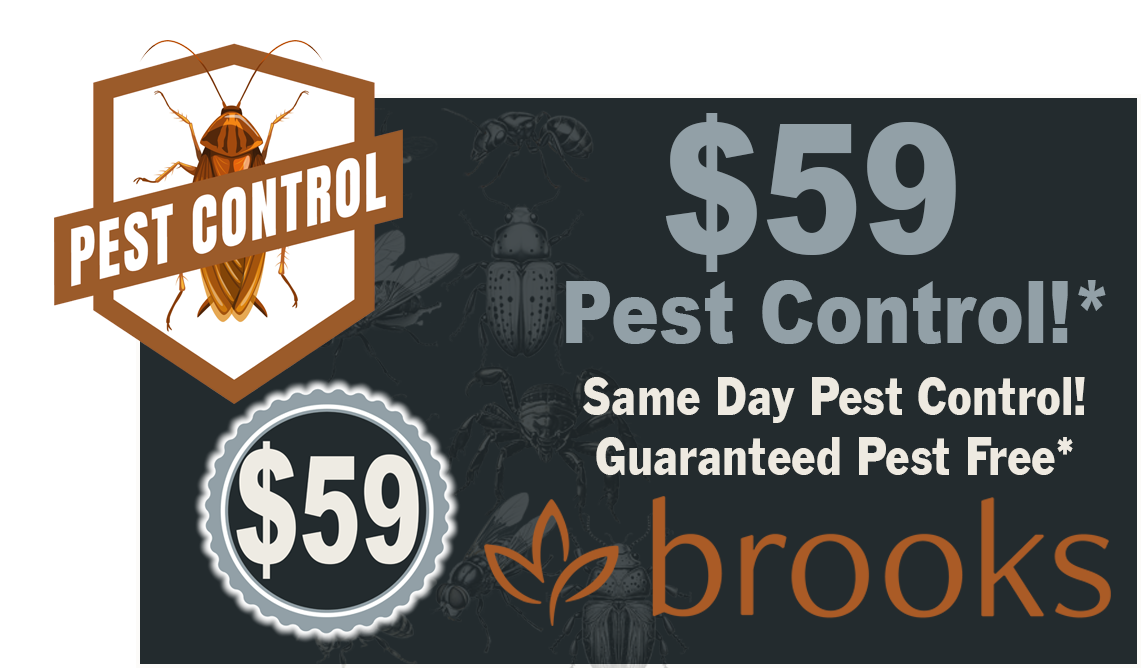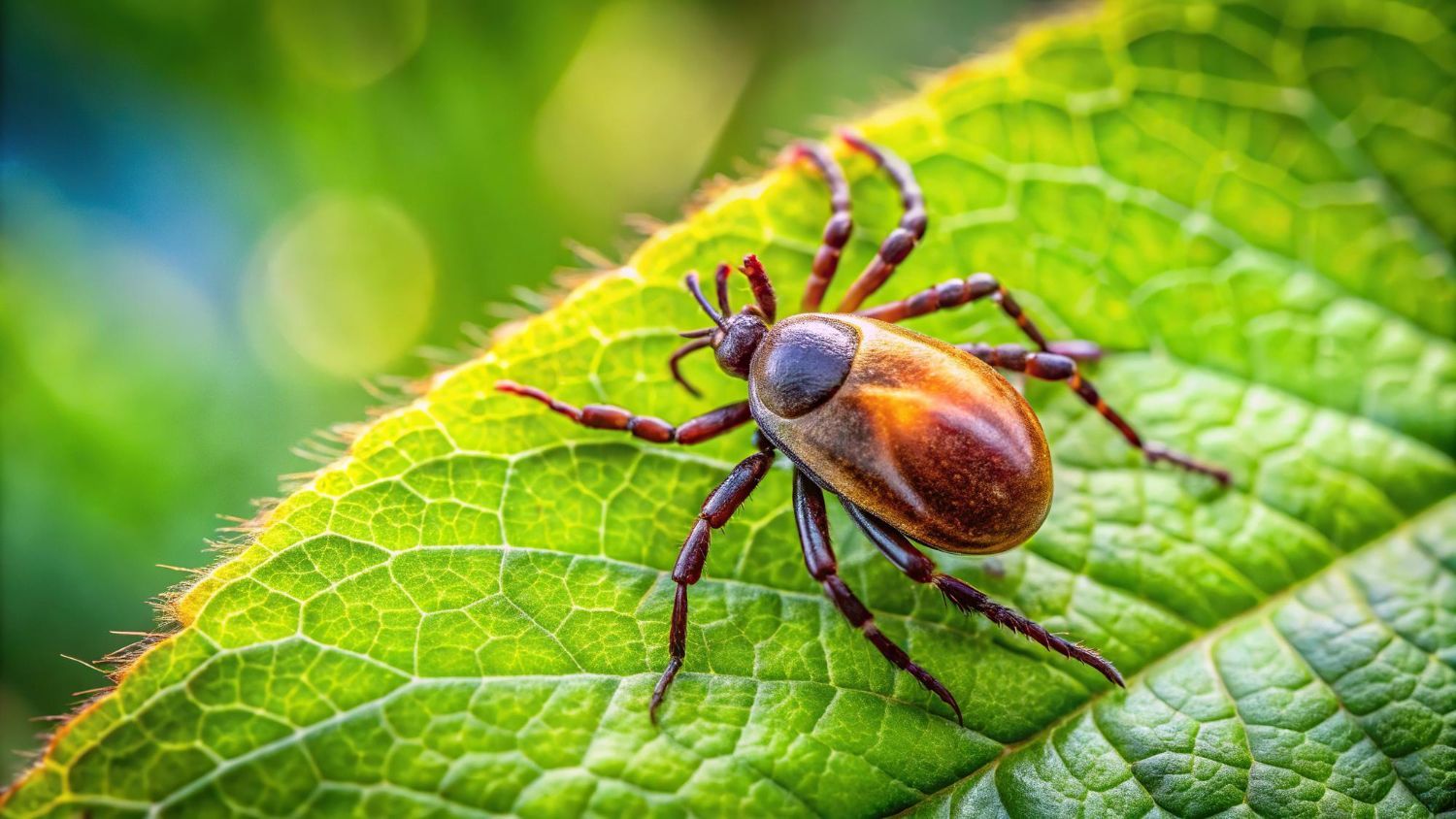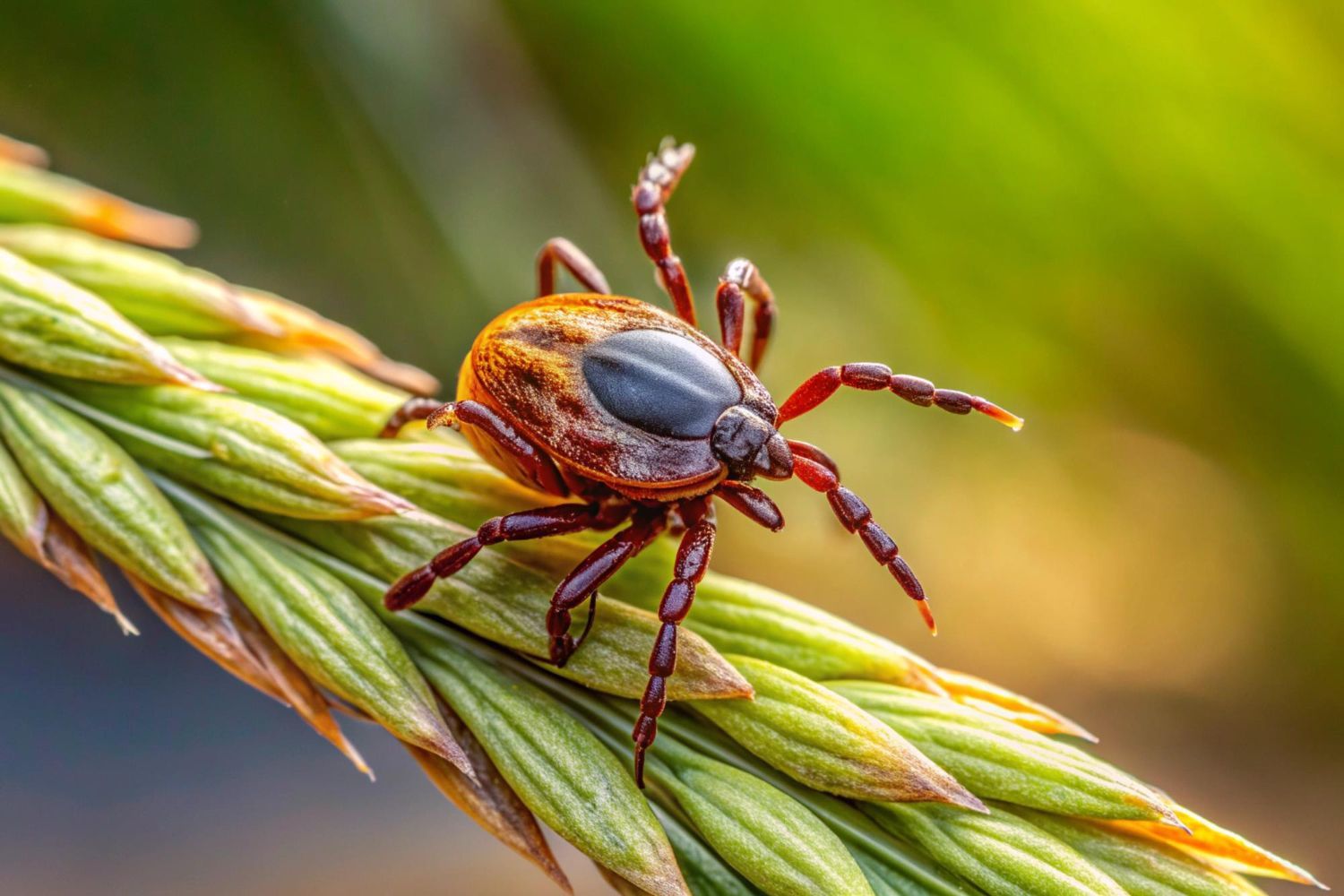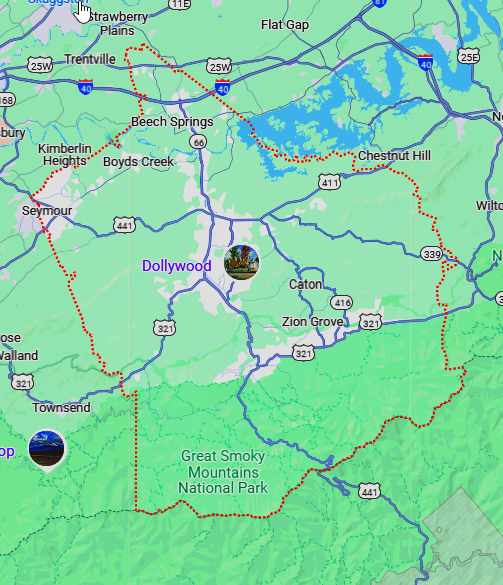
Open 7 Days a Week
Available After Hours
Tick Extermination
$59 Pest Control

Call Us Now! 865-420-9228
Open 7 Days a Week - Available After Hours

Tick Extermination Sevier County, TN
$59 Pest Control


*$59 initial pest control service
Choose Us for Pest Control
- Satisfaction Guarantee
- Pet and Eco Friendly
- Award Winning Service
- Family Owned & Operated
- Call Before Noon for Same Day Service
- Free Re-treatment When Applicable
- Licensed, Bonded, Insured
$59 Pest Control!
Call us Now 000-000-0000
$59 Pest Control!
Call us Now 865-420-9228
Tick Pest Control
Understanding Wood Ticks
Wood ticks, also called American dog ticks, are a common species found in wooded areas. These arachnids are reddish-brown in color, have eight legs, and are larger than many other tick species. Female wood ticks can grow up to the size of a small grape when engorged, while males remain smaller.

Tick Pest Control
Understanding Wood Ticks
Wood ticks, also called American dog ticks, are a common species found in wooded areas. These arachnids are reddish-brown in color, have eight legs, and are larger than many other tick species. Female wood ticks can grow up to the size of a small grape when engorged, while males remain smaller.
Health Risks Associated with Wood Ticks
Wood ticks are known carriers of several diseases that can affect both humans and animals, including:
- Rocky Mountain Spotted Fever
- Tularemia
- Tick Paralysis
Because of these risks, it’s crucial to take precautions when spending time in tick-prone areas.

Health Risks Associated with Wood Ticks
Wood ticks are known carriers of several diseases that can affect both humans and animals, including:
- Rocky Mountain Spotted Fever
- Tularemia
- Tick Paralysis
Because of these risks, it’s crucial to take precautions when spending time in tick-prone areas.
$59 Pest Control!
Call us Now 000-000-0000
$59 Pest Control!
Call us Now 865-420-9228
What Do Ticks Eat?
Ticks are parasitic arachnids that rely on the blood of their hosts for nourishment. Their sharp mouthparts are designed to pierce the skin, allowing them to attach securely and feed on their host’s blood.

The Tick Life Cycle and Feeding Habits
Ticks undergo a complex life cycle consisting of several stages:
Larvae: After hatching, tick larvae usually feed on small mammals or birds, such as mice or sparrows.
Nymphs: As they mature, nymphs seek larger hosts like deer, dogs, or other medium-sized animals to feed on.
Adults: Adult ticks, the most likely stage to attach to humans, dogs, or other large mammals, require a blood meal to reproduce.
How Ticks Obtain Nutrients
Unlike traditional feeding behaviors, ticks obtain all their nutrients from blood. Once they have completed a feeding, ticks can survive for extended periods without another meal—sometimes up to a year or more, depending on the species and life stage.
Ticks and Disease Transmission
Ticks are known carriers of several diseases that can be transmitted during feeding, including:
- Lyme Disease
- Rocky Mountain Spotted Fever
- Ehrlichiosis
These illnesses make it crucial to take precautions when spending time in tick-prone areas and to perform thorough tick checks on yourself and your pets after outdoor activities.
What Do Ticks Eat?
Ticks are parasitic arachnids that rely on the blood of their hosts for nourishment. Their sharp mouthparts are designed to pierce the skin, allowing them to attach securely and feed on their host’s blood.

The Tick Life Cycle and Feeding Habits
Ticks undergo a complex life cycle consisting of several stages:
Larvae: After hatching, tick larvae usually feed on small mammals or birds, such as mice or sparrows.
Nymphs:
As they mature, nymphs seek larger hosts like deer, dogs, or other medium-sized animals to feed on.
Adults: Adult ticks, the most likely stage to attach to humans, dogs, or other large mammals, require a blood meal to reproduce.
How Ticks Obtain Nutrients
Unlike traditional feeding behaviors, ticks obtain all their nutrients from blood. Once they have completed a feeding, ticks can survive for extended periods without another meal—sometimes up to a year or more, depending on the species and life stage.
Ticks and Disease Transmission
Ticks are known carriers of several diseases that can be transmitted during feeding, including:
- Lyme Disease
- Rocky Mountain Spotted Fever
- Ehrlichiosis
These illnesses make it crucial to take precautions when spending time in tick-prone areas and to perform thorough tick checks on yourself and your pets after outdoor activities.
How do I get rid of ticks?
Ticks are a common concern in outdoor spaces, but there are effective steps you can take to protect yourself, your family, and your pets.
Steps to Prevent and Remove Ticks
Wear Protective Clothing
When venturing into areas where ticks are common, wear long-sleeved shirts and pants.
Tuck your pants into your socks to create a barrier that prevents ticks from crawling onto your skin.
Apply Tick Repellent
Use repellents containing DEET, picaridin, or permethrin on your skin and clothing to repel ticks and minimize the risk of bites.
Perform Thorough Tick Checks
After outdoor activities, carefully inspect yourself, your children, and your pets for ticks.
Focus on hidden areas such as the scalp, behind the ears, under the arms, and in the groin area.
Remove Ticks Promptly
If you find a tick attached to your skin, use fine-tipped tweezers to grasp it as close to the skin as possible.
Pull the tick straight out with steady, even pressure. Avoid twisting or jerking, as this may leave parts of the tick embedded in the skin.
Dispose of Ticks Safely
Place the tick in a sealed container or flush it down the toilet.
Avoid crushing ticks with your fingers, as this can increase the risk of infection.
Treat Your Yard and Pets
For ongoing tick problems, consider professional insecticide treatments for your yard.
Consult your veterinarian for tick prevention solutions for your pets, such as collars or topical treatments.
Stay Alert to Tick-Borne Illnesses
Ticks can carry diseases like Lyme disease and Rocky Mountain spotted fever. If you develop symptoms such as fever, headache, fatigue, or a rash after a tick bite, seek medical attention promptly.
Need Help with Tick Control?
If ticks are a recurring issue on your property or pets, our professional exterminators can help. Call us today for effective tick removal and prevention services!
How do I get rid of ticks?
Ticks are a common concern in outdoor spaces, but there are effective steps you can take to protect yourself, your family, and your pets.
Steps to Prevent and Remove Ticks
Wear Protective Clothing
When venturing into areas where ticks are common, wear long-sleeved shirts and pants.
Tuck your pants into your socks to create a barrier that prevents ticks from crawling onto your skin.
Apply Tick Repellent
Use repellents containing DEET, picaridin, or permethrin on your skin and clothing to repel ticks and minimize the risk of bites.
Perform Thorough Tick Checks
After outdoor activities, carefully inspect yourself, your children, and your pets for ticks.
Focus on hidden areas such as the scalp, behind the ears, under the arms, and in the groin area.
Remove Ticks Promptly
If you find a tick attached to your skin, use fine-tipped tweezers to grasp it as close to the skin as possible.
Pull the tick straight out with steady, even pressure. Avoid twisting or jerking, as this may leave parts of the tick embedded in the skin.
Dispose of Ticks Safely
Place the tick in a sealed container or flush it down the toilet.
Avoid crushing ticks with your fingers, as this can increase the risk of infection.
Treat Your Yard and Pets
For ongoing tick problems, consider professional insecticide treatments for your yard.
Consult your veterinarian for tick prevention solutions for your pets, such as collars or topical treatments.
Stay Alert to Tick-Borne Illnesses
Ticks can carry diseases like Lyme disease and Rocky Mountain spotted fever. If you develop symptoms such as fever, headache, fatigue, or a rash after a tick bite, seek medical attention promptly.
Need Help with Tick Control?
If ticks are a recurring issue on your property or pets, our professional exterminators can help. Call us today for effective tick removal and prevention services!
$59 Pest Control!
Call us Now 000-000-0000
$59 Pest Control!
Call us Now 865-420-9228
Schedule A Call for a FREE QUOTE:
Open 7 Days a Week
Available After Hours
We will get back to you as soon as possible
Please try again later
Schedule A Call for a FREE QUOTE:
Open 7 Days a Week
Available After Hours
We will get back to you as soon as possible
Please try again later
Testimonials
It looks like Brooks Pest is the “Real Deal”. I’ve been using them for several months now and so far we are happy customers. The customer service has been great. Technicians are on time and responsive. The attention to detail is great !
My technician went above and beyond explaining the different chemicals and products he was going to use. He exceeded my expectations. Cant wait to. Recommend this service to my neighbors and friends.
Each time I've had a tech come and do service, they were friendly and highly professional. Took time to explain the products they were using. Also fast and efficient not missing any details. I Would recommend.
Tick Exterminator near me
Serving Somewhere and Surrounding Areas

Somewhere
Somewhere
Somewhere
Somewhere
Somewhere
Somewhere
Somewhere
Somewhere
Somewhere
Somewhere
Somewhere
Somewhere
Somewhere
Somewhere
Serving Sevier County, TN and Surrounding Areas

Beech Springs
Boyds Creek
Seymour
Caton
Zion Grove
Fairgarden
Sevierville
Cherokee Hills
Oldham
Wears Valley
$59 Pest Control!
Call us Now 000-000-0000
$59 Pest Control!
Call us Now 865-420-9228